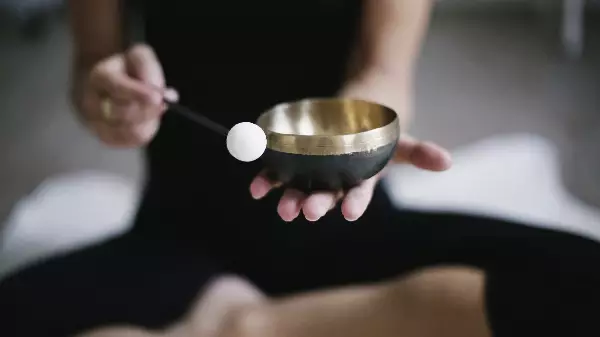Your Complete Guide To Botox
Once strictly reserved for the elites, with its long - lasting effects as well as gradually cheaper and easier production, so - called botox has widely spread across the whole world. As already mentioned, yes, it is effective, yes, the results do last long but what actually is that? How does it work, is it safe, is it for me? In this guide we will walk you through all the essentials about botox to dispel your doubts and worries.

To start with, what Botox is it actually?
One important thing to clarify. Botox isn’t in fact called botox. The products used for the procedure in your country may have a completely different name - look for drugs containing botulinum toxin. Botox® is just one of them, among the other registered trademarks.
Now to the point, the word “toxin” was used. Is it something to be afraid about? Absolutely not if it is applied during the injection procedures. Botulinum toxin is a substance produced by bacteria called Clostridium Botulinum. While it can cause so - called botulism when absorbed in higher concentrations and via other routes than injections (e.g. via the GI tract or the airways), for cosmetic reasons it is safe. The concentrations are too low to enter the bloodstream and to do any harm plus it’s used locally.

How does the botulinum toxin work?
The substance belongs to the group of metalloproteinases what simply means it destroys specific proteins. It allows it to enter the nerve terminals communicating with the facial muscles and act further from there. Inside those nerve endings, the botulinum toxin deactivates proteins called SNARE. SNARE, on the other hand, normally is responsible for acetylcholine release from the nerve terminals. Acetylcholine release = contraction of the facial muscle. In the end, what the toxin achieves, is blocking the contraction of facial muscles because it blocks the release of acetylcholine. It’s helpful to smooth out the skin and reduce wrinkles since they are formed when our facial muscles contract on a regular basis.
When Botox start working?
Most commonly you will start seeing the results about 4 days post treatment, however for the effects to be fully seen it usually takes from 10 to 14 days.

How long does it last?
Studies show that the duration of the effects in females ranges from 3 to 5 months while in males it is from 4 to 6 months. The majority of patients relapse by 6 months. It’s been noted though that most people do the treatment every 4 months to maintain the maximum results.
Is the procedure painful?
Botox injections are relatively painless. During a procedure, you will be first asked to make specific facial expressions so that the doctor can mark the injection points, then you will be asked to relax your face. The needles are small so you should feel just an itch.
Are there any side effects of Botox injections?
After the treatment you may see swelling or little bumps at the injection site, however these are normal and do subside within approximately 40 minutes. You might also experience some bruising, especially if you take particular drugs (see the further parts of the guide), nevertheless they do completely disappear within a week. Moreover, some people do suffer from headaches after the procedure - ibuprofen and paracetamol are totally accepted then and patients do normally.
Another side effects include allergic reactions or ptosis - the dropping and heaviness of the eyelid. The latter is rare though and if it happens, it resolves within 4 - 6 weeks.

Can I take my medication before the treatment?
There are no drugs that are strictly forbidden before botox injections or put you in direct danger. If you cannot get off your medication for some time, you will just be at a higher risk of getting some bruising. Nonetheless, if the bruising’s your concern, it is advised not to take those drugs for 3 days before the procedure:
• Warfarin and other anticoagulants
• Ibuprofen/Aspirin
• Vitamins
• Omega - 3 fatty acids
• Retin-A and other forms of tretinoin.
They do slow down the clotting of the blood so you will more likely get bruising. Tretinoin makes the skin more susceptible so taking it before botox increases the risk of a skin infection.
Can I get botox while pregnant/breastfeeding?
It is advised not to get botox while being pregnant or breastfeeding.
Can I drink before/after the procedure?
There are no contraindications to do so!
Can I work out before/after the procedure?
It is advisable not to do any workouts for 24 hours post treatment because you could sweat the toxin out of your muscles.

Can I put my make - up on after my injection?
You should not put your make - up on for at least 2 hours post treatment so the skin can replenish its natural protective barrier and the risk of any infections is reduced.
Interesting fact, is botox used only to reduce the appearace of wrinkles?
No, there are many other applications of the botulinum toxin! For example, acetylcholine release is also responsible for excessive sweating thus the injections are exteremely successful in this area as well. Furthermore, since botox stops specific muscles contractions, it is also used in patients with overactive bladders, tremors , muscle spasm or strabismus.
, muscle spasm or strabismus.
updates?










0